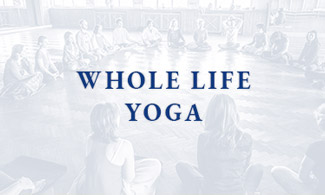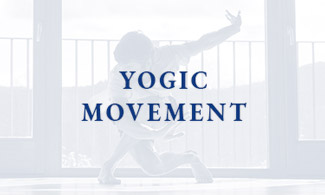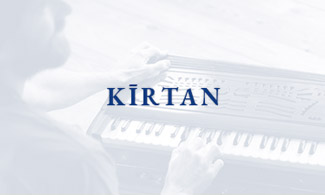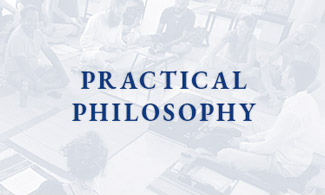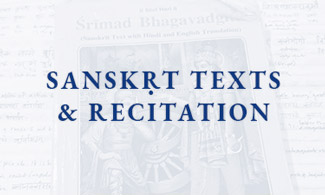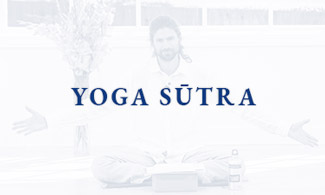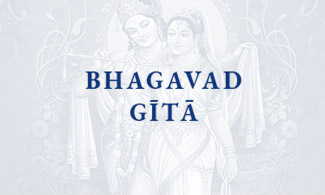
Yoga, Authenticity and Authority
One of the ways that an advanced state of yoga is described is as kaivalya – to stand alone: to be in a state of ‘all-one-ness’. Not lonely, but whole and integrated. The more we can establish ourselves in such a place, the easier it is to act authentically, attuned to the guidance of the pilot of our conscience; less impeded, influenced or swayed by the accumulated veilings of our conditioned ideas.
A foundational teaching in yoga – from Kṛṣṇa in the Bhagavad Gītā – is that what we do and how we do it is basically up to us. Our actions are our responsibility. At the same time, we have no control over the outcomes or fruits of our actions. Still, we do know from experience that certain types of action tend to bring ‘bitter fruit’ or ‘barren harvests’. With practice, when we pay closer attention, we may notice that when we act from a place of confused motivation, it tends to bring more confusion; when we act from a place of pain and woundedness, it tends to beget more pain. So, even though we have no control over outcomes, we can still learn from experience and take care to avoid needless suffering. And, we have to act. No one rests outside the field of action even for a moment. The mere maintenance of our bodily existence obliges us to act.
Action is inevitable
When something is inevitable, the yoga teachings urge us to be with it as skilfully as possible. If something is inevitable, no point getting down about it. That will just reduce our chance of navigating the situation as well as we might. So yoga tells us: whatever comes, meet it as best you can, with steady presence, with the most balance you can muster. As far as possible, meet it with even-sightedness, resisting the tendency to lapse into prejudiced patterns of perception. Set yourself up to engage as skilfully as is possible.
We often have a lot more agency than we allow ourselves to admit.
Yoga reminds us that our life, our experience, is our responsibility.
We never know what life will bring to us, but we can, at least to some degree, determine how we meet it.
Yoga urges us to be the author of our own life. To let our life be an authentic expression of our uniqueness. Yoga urges us to practice authenticity, to live in true, authentic rhythm, respecting the cycles and seasons of life, working with nature, within and around us, to do our dharma, the action that supports lokasaṅgraha, the wellbeing of the whole.
When we practice, we may realise that sometimes, perhaps often, we are not really the author of our own lives, we are not claiming authorship as wholly as we might. Sometimes, we may be a ‘co-author’, our decisions and apparent ‘choices’ being significantly influenced by parental, familial, or societal forces. And sometimes, we may even abdicate authorship altogether, lapsing into autopilot, or a less conscious place, where we are just a minor character in a narrative foisted upon us by the influences and currents of the time: of the people, media, and advertising around us, and by the inertia of our accumulated habits and conditionings.
Yoga reminds us
You are the sovereign of your life. A famous proverb in Sanskṛt states that the sovereign is not shaped by the time, but rather the sovereign shapes the time. Yes, we are each a small speck in the cosmos. We can perhaps only be a co-author, with the larger forces of Nature, life, existence. Nonetheless, when we claim responsibility, when we accept that we are each the captain of the ship in the journey of our own life, we can strengthen our authority and our authenticity.
As we practice living the authentic expression of our soul’s deep calling, we can become more established on the ‘seat’ or ‘āsana’ of yoga: a steady, sustainable, easeful place of self-trust and authentic expression, of authority for our own experience.
And this is part of what Kṛṣṇa in the Bhagavad Gītā teaches us as he explains karma yoga, the yoga of action: the practical way to, as best we can, make all that we do dharma – the action that supports lokasaṅgraha – the wellbeing of the whole: of all parts of ourselves, of all parts of the field of our experience, and beyond.
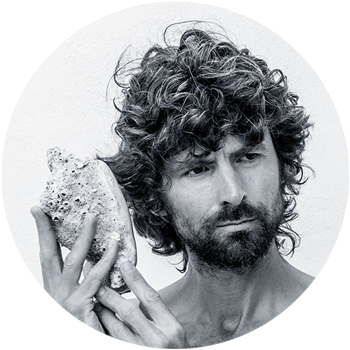
James Boag | Whole Life Yoga
The yoga of the whole human being. Practical philosophy, storytelling, movement, inquiry, looking in ways that reach beyond our habitual ways of looking.
Listen to James’ unique whole life yoga perspectives on the WHOLE LIFE YOGA podcast.

